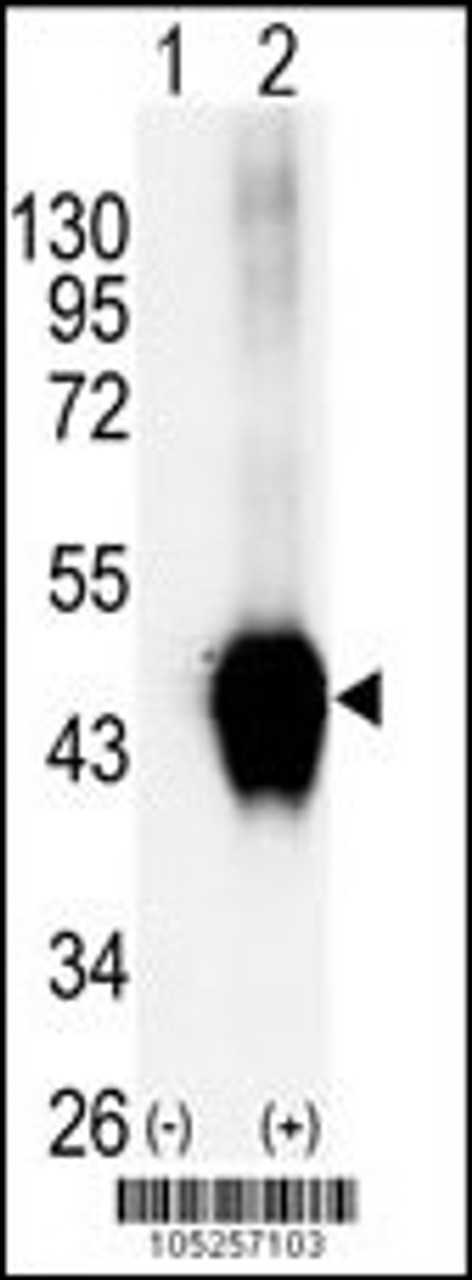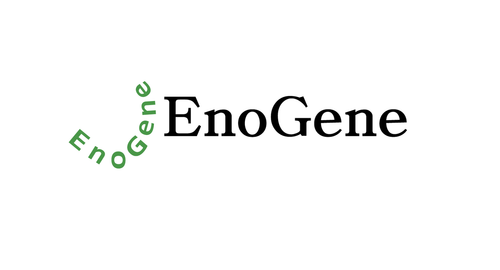Product Description
BCKDK Antibody | 62-652 | ProSci
Host: Rabbit
Reactivity: Human, Mouse
Homology: Predicted species reactivity based on immunogen sequence: Rat
Immunogen: This BCKDK antibody is generated from rabbits immunized with a KLH conjugated synthetic peptide between 325-356 amino acids from the C-terminal region of human BCKDK.
Research Area: Obesity, Signal Transduction
Tested Application: WB
Application: For WB starting dilution is: 1:1000
Specificiy: N/A
Positive Control 1: N/A
Positive Control 2: N/A
Positive Control 3: N/A
Positive Control 4: N/A
Positive Control 5: N/A
Positive Control 6: N/A
Molecular Weight: 46 kDa
Validation: N/A
Isoform: N/A
Purification: This antibody is prepared by Saturated Ammonium Sulfate (SAS) precipitation followed by dialysis
Clonality: Polyclonal
Clone: N/A
Isotype: Rabbit Ig
Conjugate: Unconjugated
Physical State: Liquid
Buffer: Supplied in PBS with 0.09% (W/V) sodium azide.
Concentration: batch dependent
Storage Condition: Store at 4˚C for three months and -20˚C, stable for up to one year. As with all antibodies care should be taken to avoid repeated freeze thaw cycles. Antibodies should not be exposed to prolonged high temperatures.
Alternate Name: [3-methyl-2-oxobutanoate dehydrogenase [lipoamide]] kinase, mitochondrial, Branched-chain alpha-ketoacid dehydrogenase kinase, BCKD-kinase, BCKDHKIN, BCKDK
User Note: Optimal dilutions for each application to be determined by the researcher.
BACKGROUND: The second major step in the catabolism of the branched-chain amino acids, isoleucine, leucine, and valine, is irreversibly catalyzed by the branched-chain alpha-keto acid dehydrogenase complex (BCKD) , an inner-mitochondrial enzyme complex composed of 3 catalytic components: a branched-chain alpha-keto acid decarboxylase (E1) , a dihydrolipoyl transacylase (E2) , and a dihydrolipoamide dehydrogenase (E3) . The complex also contains 2 enzymes that regulated the state of activity of the BCKD complex: a kinase (BCKDK) , and a phosphorylase. The ubiquitiously expressed kinase contains 1 histidine kinase domain. Maple syrup urine disease (MSUD) is a pathology secondary to an enzyme defect in the catabolic pathway of leucine, isoleucine, and valine. Accumulation of these amino acids and their corresponding keto acids results in encephalopathy and progressive neurodegeneration in infants not treated for MSUD.
 Euro
Euro
 USD
USD
 British Pound
British Pound
 NULL
NULL












